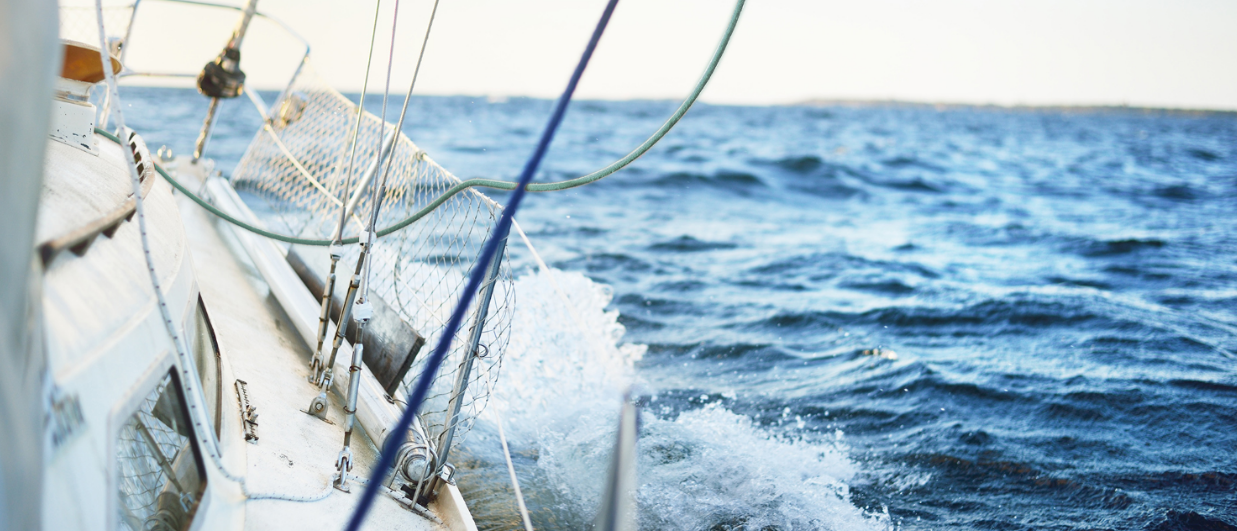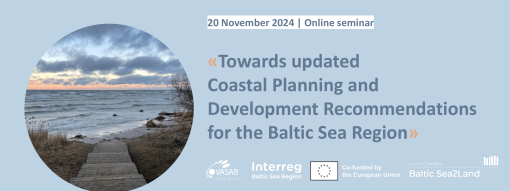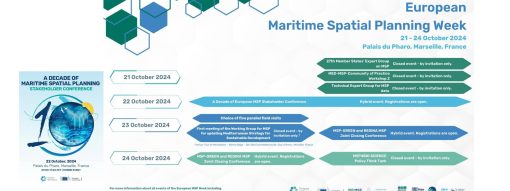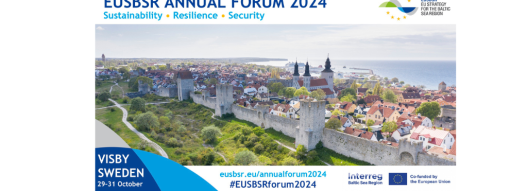Capacity4MSP 5th BSR Planners’ Forum
The 5th and final Planners’ Forum within the project platform Capacity4MSP took place on 11 March 2022 online. The forum started out with updates from the national MSP processes as well as from other project partners. The rest of the forum was dedicated to the theme: Planning for offshore wind.
The ambition with the theme was to have a practical and planning orientated focus. We did get an overview about how offshore wind is included in the different MSP:s around the Baltic Sea and discussed several common issues. The Green Deal, the proposed update of the Renewable Energy Directive, REPowering EU as well as other EU initiatives were picked up on to set the scene for the theme.
The first country was Latvia to present Approach for designating offshore wind farm zones in national MSP of Latvia. The process to collect and assess data, stakeholder engagement, trade-offs with other interest, licensing procedures and more were discussed. For future improvements Latvia wants to move from expert judgement to more data based analysis, using project outcomes, including more economic and social factors in OW area assessment as well as more interaction with energy industry representatives. A MoU on a joint hybrid offshore wind energy project with Estonia is negotiated, ELWIND.
The second perspective was the In-depth study on balancing coastal tourism and use of offshore wind energy in Southwestern Kurzeme (approach and recommendations). Detailed landscape studies on coastal municipal level was done in the area of Southwestern Kurzeme with the aim of developing spatial solutions for balancing national interest for offshore wind energy with interests of local communities in preserving the landscape and boosting coastal tourism and recreation. The study included scoping and stocktaking with biophysical mapping of landscape and seascape units, mapping of ecosystem services, stakeholder engagement, scenario building and assessment and development of optimum spatial solutions. Land Sea Act map explorer and GIS-methods were used as digital tools with the stakeholders both for assessment of landscape values and verification of expert judgements. Recommendations from the study includes Multi level governance approach in thematic planning, resources for collection of new data and local knowledge and ecosystem services as good concept for addressing trade-offs while implementing EBA in MSP.
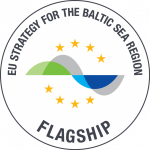
Next to be discusses was Approaches to offshore wind in German MSP. Germany is phasing out coal and nuclear energy so there is high pressure on renewables. The central planning model in Germany includes step-wise planning with increased spatial concretization moving from MSP to site development plans, site investigations and the most detailed approval phase. Clusters for OWF, grid connections, platform locations as well as co-existence, planning horizon aspects, temporal designations, licensing procedures and more were discussed. Most OW development is in the North Sea. A study is being conducted on multi-use of fisheries and offshore wind energy. Now fisheries are being excluded from the OW areas.
After that, Denmark presented Renewable Energy in the Danish MSP. 15 % of the Danish EEZ is designated to OW in the MSP. Danish zone distribution in the MSP includes development zones (exclusive use), special use zones (area reservation), nature conservation and environmental protection zone, general use zones (no specific use). General use zones for example leaves room for recreational activities and coastal protection. The purpose of the development zones for renewable energy and energy islands is to ensure that facilities and associated installations can be established within the areas, that permits for wind farms, and energy islands cannot be granted outside of the zones. Where OW-development areas overlap with other activities, permit can only be granted after consultation with relevant ministry for the purpose for which the area is designated.
When discussing regional initiatives and work the OSPAR draft ToR on Offshore Renewable Energy Development was presented. OSPAR is working on an agreement on a special International Collaboration Group (ICG) on offshore renewable energy development (ORED) and is preparing a ToR. It will, for example, contribute to NEAES strategic objectives on guidance on meeting impacts of offshore renewable energy. The ToR draws up two lines of working: A regional seas approach with e.g. an assessment on regional level. The second line is developing common language and developing a coherent set of measures and actions adding on existing guidance and national measures. The ICG will do a pilot where the priority is on impacts on birds. There is an ongoing discussion within OSPAR on what role it can play in MSP. Within the development of measures, it can for example give guidance on how to deal with offshore renewable energy in MSP.
From a Baltic Sea perspective the BSAP and its related actions as well as the objectives in the Regional MSP Roadmap and the establishment of cooperation between BEMIP Renewable Energy Working Group and the HELCOM-VASAB MSP working group was discussed.
The last part of the Planners’ forum was dedicated to an interactive tour de table discussion. Topics covered were for example state of play for offshore wind in MSP in the countries around the BSR, cross border issues & cumulative impacts and multi-use & co-existence.
